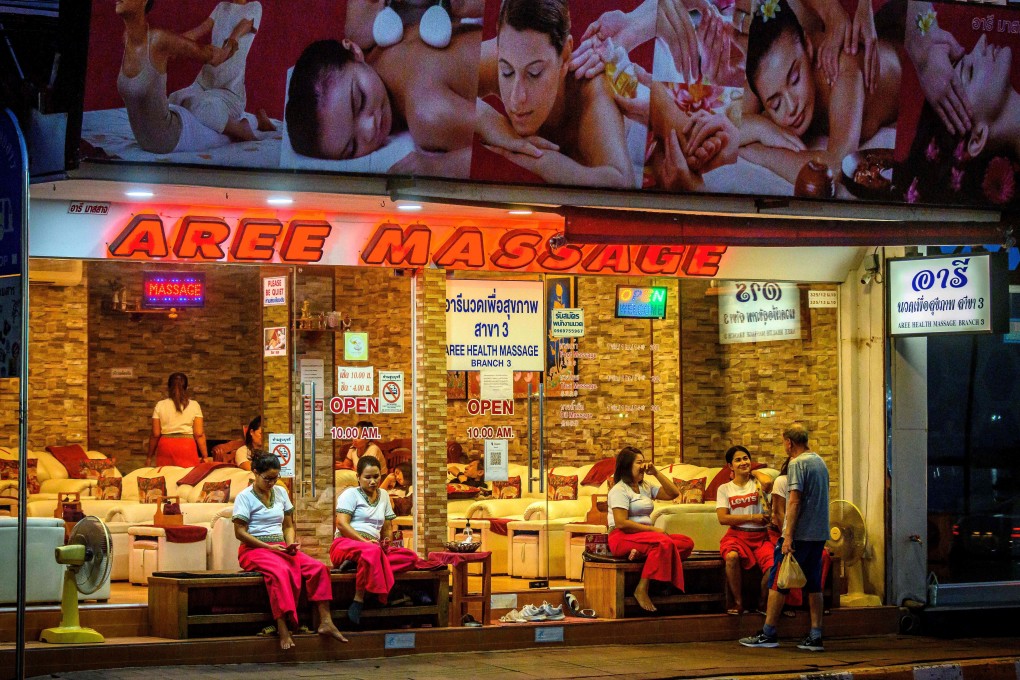Advertisement
Thailand feels the pinch of a golden week with no gold as Chinese stay home
- The week-long Chinese holiday is usually one of tourism-reliant Thailand’s peak travel periods, but for the second year in a row it’s been all but cancelled by Covid-19
- With fully vaccinated travellers able to enter from November 1 without serving quarantine, thoughts are now turning to attracting Indians celebrating Diwali
Reading Time:4 minutes
Why you can trust SCMP
4

First the beer and coconut shop closed, then the traditional medicine store next door.
Advertisement
With Chinese tourists staying away from Thailand during the golden week holiday due to pandemic curbs, businesses that rely heavily on mainland customers have abandoned the neat, new shophouses of Pattaya’s Sohotown development.
The lack of visitors from China has also upended the dream of creating a modern, buzzing Chinatown community of shops, restaurants and spas around a temple and flea market on a busy main road in the kingdom’s popular eastern resort city.
The seven-day holiday from October 1 to mark the founding of modern China is one of the country’s peak travel periods.
“Golden week has been virtually non-existent here for two years now,” said Sasithorn Thepnimit, who runs one of the last two restaurants still open, a shelf packed with unsold “Luzhou” baiju behind her.
Advertisement
“Ninety-nine per cent of my customers are Chinese. I used to have Chinese staff too, but they have gone back to the mainland so I have no one to help me do marketing for the Chinese people still living here.

Advertisement